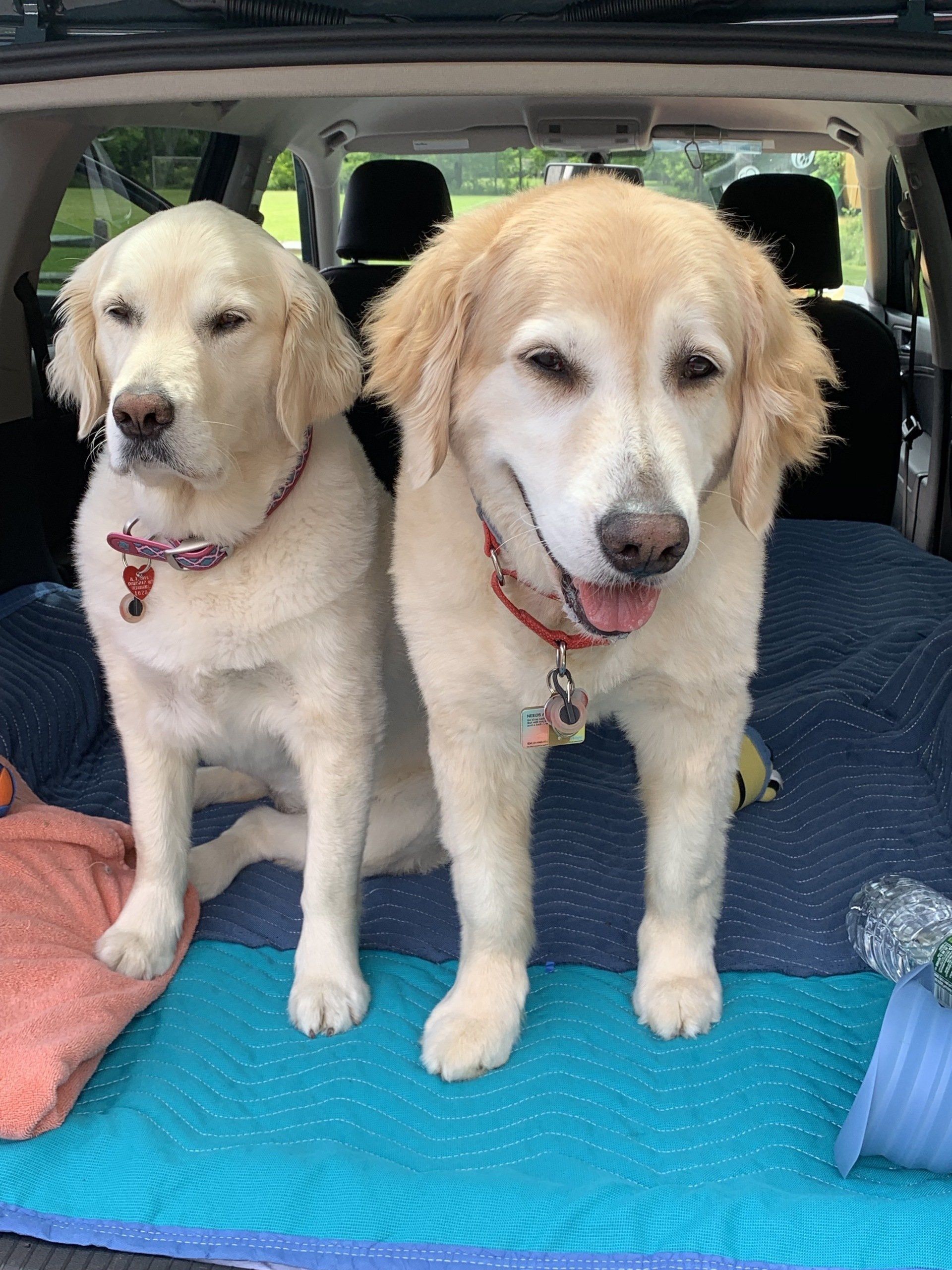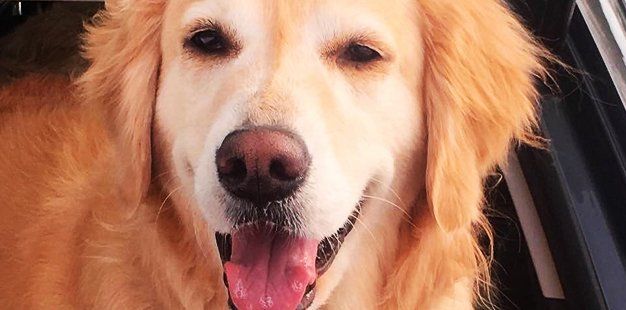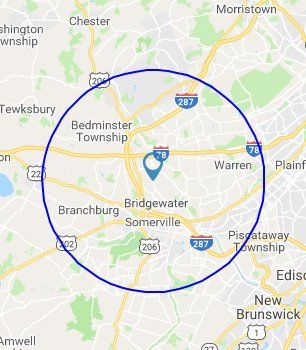Pet Tips
Pet Tips
Family Owned | 100% Satisfaction Guaranteed
Family Owned 100% Satisfaction Guaranteed
Smart Tips for Safe and Healthy Pets
Animal Paws Pet Sitting wants to help you better care for your pets by offering you helpful tips for pet safety during the year. We have over 20 years of pet sitting experience, we're bonded and insured, and we are members of the National Association of Professional Pet Sitters (NAPPS) and Pet Sitters International (PSI).
Call us today to schedule your FREE 2-hour pet consultation. We return all service requests within the hour! Your satisfaction with our customer service is 100% guaranteed!
Summer Tips for Pet Owners
Summer is a dangerous time for pets because of heat stroke. Heat stroke is a life-threatening condition in which an overheated dog's body temperature rises 4 to 7 degrees above their normal temperature range of 100 to 102.5 degrees Fahrenheit.
Signs of heat stroke include:
- Excessive panting
- Brick-red oral membranes
- Weakness, loss of coordination, or collapse
If you suspect your dog has heat stroke, contact your veterinarian. They may direct you to begin cooling the dog yourself using cool (not ice cold) water and a fan to bring down the dog's temperature. They may also direct you to bring the dog to their clinic.
To help prevent heat stroke, never leave your dog or any animal unattended in a car during warm weather. Keep your dog inside on hot and humid days, especially if it is an older dog, a dog that has heart or lung disease, or a pug nose.
If your dog is outside, provide plenty of fresh water and even a backup bowl of water in case one bowl tips over. Provide access to shade for your dog at all times.

Spring Tips for Your Pet
- Keep screens or protective bars on your windows to prevent escapes and falls
- With more outdoor activities happening and doors opening and closing more often, make sure you know where your pets are at all times
- Keep household cleaners and chemicals out of your pets' reach
- Many houseplants and outdoor bushes, shrubs, and flowers can be poisonous to pets. Check with your local nursery or garden center for answers on which plants may be unsafe for your pets
- Tools have sharp points that can cause injury. Do not leave tools or other implements out in the open where your pets can get to them
- Take special care when applying fertilizer or chemicals to your lawn. Some products may be poisonous to pets and other animals who may lick the chemicals off their paws or ingest them in other ways
- Keep pets away from hot barbecue grills while cooking out
- If you bring a dog on a boat, invest in a doggy life preserver — not all dogs know how to swim
- Never leave your pet unattended in your car to protect from heat stroke or theft

Pet Tips for Winter
If your pets need to be outdoors for long periods of time, their home should be elevated off the ground to prevent moisture accumulation and have a door to protect against winter wind, sleet, and snow. Shelters should also be insulated or heated. Water sources can be heated to prevent freezing.
Outdoor pets require extra calories to keep warm. Indoor pets should have a place to sleep that is in a draft-free warm area with their mattress or bed elevated slightly off the floor.
Roaming cats, as well as house pets and wildlife, may climb onto vehicle engines for warmth during cold weather. Check under the hood before starting your vehicle and honk your horn to startle any animals who may be seeking shelter inside.
Remove snow and other snow and ice melters from your pets' paws immediately. Skin that is frostbitten appears red or gray. Apply warm, moist towels to thaw out frostbitten areas slowly until the skin appears flushed. Contact your veterinarian for further care if necessary. Keep salt and other chemical ice melts stored safely away from pets.
Antifreeze is toxic to pets, but they find it palatable to drink in large quantities. Keep your pet from lapping up any liquid from the curb or street. Antifreeze ingestion may cause ataxia, depression, coma, vomiting, or complete renal failure. Contact your veterinarian if you believe your pet has ingested antifreeze.
Call Today to Schedule Your Free Pet Consultation!
908-285-7038
908-285-7038
Contact Us
Animal Paws Pet Sitting LLC
908-285-7038
krismeade123@Gmail.com
Privacy Policy
| Do Not Share My Information
| Conditions of Use
| Notice and Take Down Policy
| Website Accessibility Policy
© 2024
The content on this website is owned by us and our licensors. Do not copy any content (including images) without our consent.


